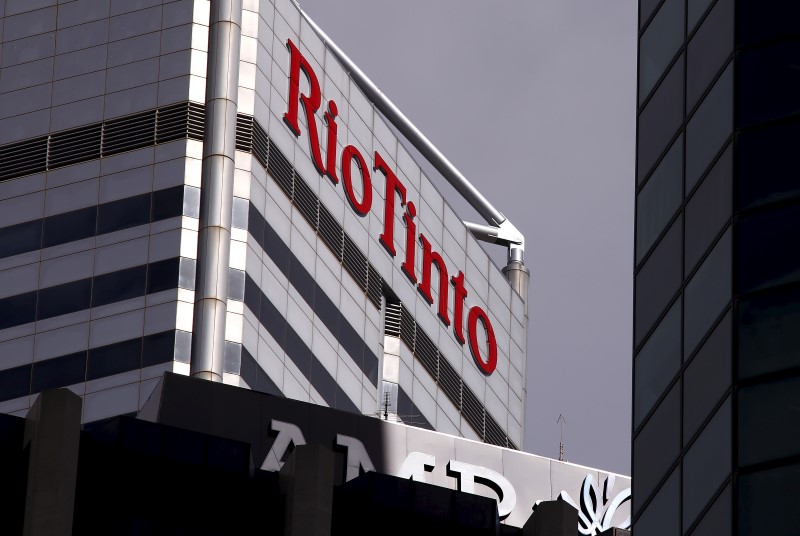Mining giants Rio Tinto Ltd (ASX:RIO) (LSE:RIO, ASX:RIO, OTC:RTNTF) and Glencore PLC (LSE:LON:GLEN) reportedly engaged in preliminary discussions about a potential merger, Bloomberg reported on Thursday, citing sources familiar with the matter.
The talks, which a Reuters-cited source said were no longer active, would have paved the way for the mining industry’s largest-ever deal, reshaping the global landscape. Both companies rank among the world's leading iron ore miners and have extensive portfolios spanning various commodities.
While the financial terms of the potential combination were not disclosed, Bloomberg indicated that the merger would be valued at approximately £150 billion.
According to Reuters, discussions were held late last year, but were brief and did not amount to anything.
Ben Cleary, of Glencore investor Tribeca Investment Partners, noted Rio would have had to pay a significant premium on the former’s share price, which closed Thursday at 379p.
“Anything under £5 wouldn't make sense for Glencore given [...] material capital returns this year,” he told Reuters.
The rumors of a merger surfaced late on Thursday, following earlier commentary from Jefferies analysts about Glencore's strategic outlook. "Glencore has been a main topic of discussion in our recent meetings," the analysts noted. "This follows a year during which its shares significantly underperformed. What will turn this around, especially if we are in an environment of range-bound commodity prices for now? A share buyback would help, and Glencore should have the financial capacity for large capital returns starting in 2H. Other outside-the-box options may be considered."
If realized, the merger would consolidate two of the mining sector's most prominent players, potentially redefining competition in key markets such as iron ore, copper, and coal.
Rio Tinto and Glencore have not commented publicly on the report.
US-listed shares of Rio Tinto fell over 1.5% on Thursday afternoon following the report while Glencore’s US-listed shares jumped over 6% over the counter.
